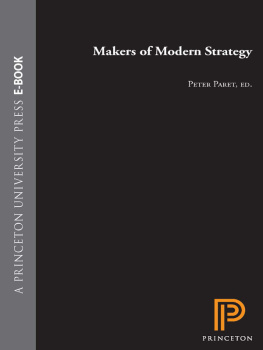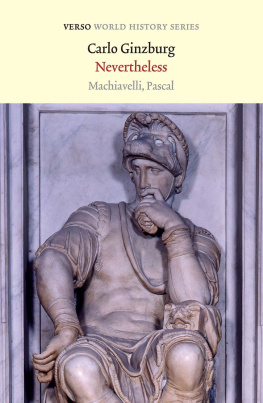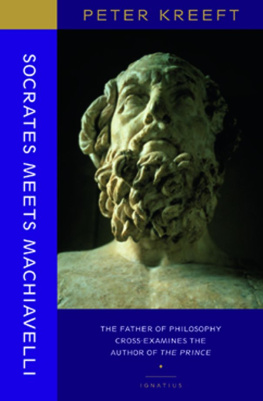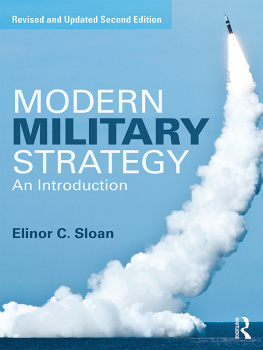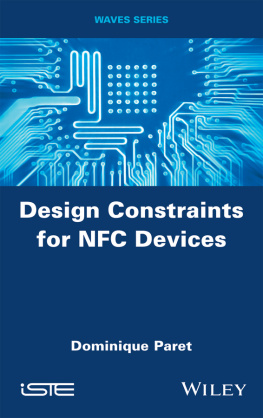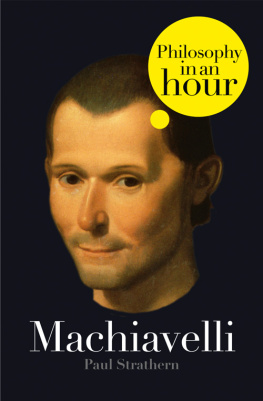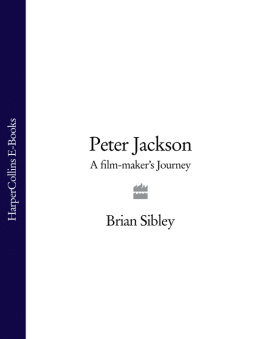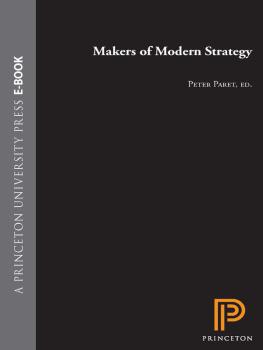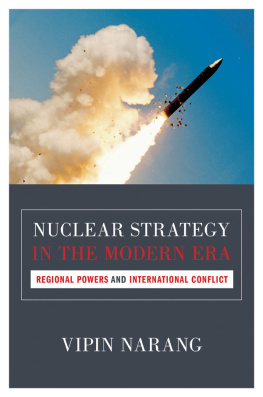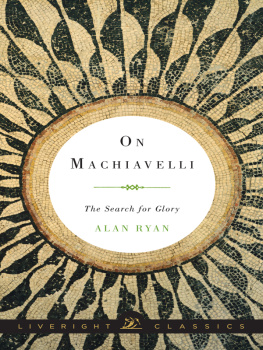Peter Paret - Makers of Modern Strategy from Machiavelli to the Nuclear Age
Here you can read online Peter Paret - Makers of Modern Strategy from Machiavelli to the Nuclear Age full text of the book (entire story) in english for free. Download pdf and epub, get meaning, cover and reviews about this ebook. publisher: Princeton University Press, genre: History. Description of the work, (preface) as well as reviews are available. Best literature library LitArk.com created for fans of good reading and offers a wide selection of genres:
Romance novel
Science fiction
Adventure
Detective
Science
History
Home and family
Prose
Art
Politics
Computer
Non-fiction
Religion
Business
Children
Humor
Choose a favorite category and find really read worthwhile books. Enjoy immersion in the world of imagination, feel the emotions of the characters or learn something new for yourself, make an fascinating discovery.
- Book:Makers of Modern Strategy from Machiavelli to the Nuclear Age
- Author:
- Publisher:Princeton University Press
- Genre:
- Rating:3 / 5
- Favourites:Add to favourites
- Your mark:
- 60
- 1
- 2
- 3
- 4
- 5
Makers of Modern Strategy from Machiavelli to the Nuclear Age: summary, description and annotation
We offer to read an annotation, description, summary or preface (depends on what the author of the book "Makers of Modern Strategy from Machiavelli to the Nuclear Age" wrote himself). If you haven't found the necessary information about the book — write in the comments, we will try to find it.
Peter Paret: author's other books
Who wrote Makers of Modern Strategy from Machiavelli to the Nuclear Age? Find out the surname, the name of the author of the book and a list of all author's works by series.
Makers of Modern Strategy from Machiavelli to the Nuclear Age — read online for free the complete book (whole text) full work
Below is the text of the book, divided by pages. System saving the place of the last page read, allows you to conveniently read the book "Makers of Modern Strategy from Machiavelli to the Nuclear Age" online for free, without having to search again every time where you left off. Put a bookmark, and you can go to the page where you finished reading at any time.
Font size:
Interval:
Bookmark:

The Editors and Publisher wish to acknowledge the cooperation of the Institute for Advanced Study in the publication of this volume, the successor to the first Makers of Modern Strategy, which originated in a seminar in American foreign policy and security issues at the Institute and Princeton University in 1941.
Copyright 1986 by Princeton University Press
This is a sequel to Makers of Modern Strategy, copyright 1943, 1971 by Princeton University Press. The essays by Henry Guerlac, R. R. Palmer, and Edward Mead Earle are reprinted without significant change. Those by Felix Gilbert on Machiavelli and by Sigmund Neumann on Engels and Marx have been rewritten; the essays by Gordon A. Craig on Delbruck and by Hajo Holborn on the Prusso-German School have been revised. The remaining twenty-two essays are new. Michael Howard's essay Men against Fire: The Doctrine of the Offensive in 1914 appeared in a slightly different form in International Security, Summer 1984 (Vol. 9, No. 1).
Published by Princeton University Press, 41 William Street, Princeton, New Jersey 08540
All Rights Reserved
Library of Congress Cataloging-in-Publication Data
Main entry under title:
Makers of modern strategy
Bibliography: p.
Includes index.
1. StrategyAddresses, essays, lectures. 2. Military art and scienceAddresses, essays, lectures. 3. Military history, ModernAddresses, essays, lectures. I. Paret, Peter. II. Craig, Gordon Alexander, 1913- . III. Gilbert, Felix, 1905- .
U162.M25 1986 355.02 85-17029
ISBN 0-691-09235-4 ISBN 0-691-02764-1 (pbk.)
This book has been composed in Linotron Sabon type
Princeton University Press books are printed on acid-free paper and meet the guidelines for permanence and durability of the Committee on Production Guidelines for book Longevity of the Council on Library Resources
Printed in the United States of America
20 21 22
ISBN-13: 978-0-691-02764-7 (pbk.)
THE EDITORS owe a debt of gratitude to the authors of this volume, who have made our task an unusually pleasant one. We also want to express our appreciation to Michael Howard, John Shy, and Russell Weigley for their advice in planning the book, to James E. King, whose criticism has been pertinent as always, and to Donald Abenheim for his assistance with the bibliographies. Loren Hoekzema, Elizabeth Gretz, and Susan Bishop of Princeton University Press saw the book through publication with exemplary intelligence and care. Rosalie West once again produced an index that is useful rather than impenetrable. To Herbert S. Bailey, Jr., Director of Princeton University Press, whose belief in the importance of the subject helped make the volume possible, go our special thanks.
PETER PARET
C ARL VON CLAUSEWITZ defined strategy as the use of combat, or the threat of combat, for the purpose of the war in which it takes place. This formulation, which a modern historian has characterized as both revolutionary and defiantly simplistic, can be amended or expanded without difficulty. Clausewitz himself, setting no great store in absolute definitions, varied the meaning of strategy according to the matter at hand. Strategy is the use of armed force to achieve the military objectives and, by extension, the political purpose of the war. To those engaged in the direction and conduct of war, strategy has often appeared more simply, in Moltke's phrase, as a system of expedients. But strategy is also based on, and may include, the development, intellectual mastery, and utilization of all of the state's resources for the purpose of implementing its policy in war. It is in both of these sensesthe narrower, operational meaning, and its broadly inclusive implicationsthat the term is used in this volume.
Strategic thought is inevitably highly pragmatic. It is dependent on the realities of geography, society, economics, and politics, as well as on other, often fleeting factors that give rise to the issues and conflicts war is meant to resolve. The historian of strategy cannot ignore these forces. He must analyze the varied context of strategy, and the manner in which context and ideas act on each other, while he traces the development from idea to doctrine to implementation, a progression that in turn will give rise to further ideas. The history of strategic thought is a history not of pure but of applied reason. Consequently the essays in this volume go far beyond theory and touch on many of the military and nonmilitary factors that help shape war. In a variety of ways they demonstrate the close interaction of peace with war, the links between society and its military institutions and policies; but the thread of strategic thought runs through them all. The essays explore ideas of soldiers and civilians since the Renaissance on the most effective application of their society's military resources: how can the fighting power available, or potentially available, be used to best purpose? Having addressed these ideas, the essays turn to the further issue: what impact did strategic theory have on wars and on the periods of peace that followed?
I
The concept of this volume, and some of its substance, derive from an earlier work. In 1941 Edward Mead Earle organized a seminar on American foreign policy and security issues for faculty of the Institute for Advanced Study and Princeton University. The seminar led to a collection of twenty-one essays on military thought from Machiavelli to Hitler, which Earle, assisted by Gordon A. Craig and Felix Gilbert, brought out two years later under the title Makers of Modern Strategy. One of the striking features of this book was the confidence of its editors and authors that in the midst of a world war the history of strategic thought deserved serious and wide attention. In their eyes, the trials of the present did not diminish the significance of the past. On the contrary, history now seemed particularly relevant. In his introduction, Earle declared that it was the purpose of the book to explain the manner in which the strategy of modern war developed, in the conviction that a knowledge of the best military thought will enablereaders to comprehend the causes of war and the fundamental principles which govern the conduct of war. He added, we believe that eternal vigilance in such matters is the price of liberty. We believe, too, that if we are to have a durable peace we must have a clear understanding of the role which armed force plays in international society. And we have not always had this understanding.
The impact on these words of the condition in which they were written is apparent. A society that until recently had paid little attention to events beyond its borders was now fighting in the greatest war of all time. A new interest in learning about war, about matters that had been ignored but that now dominated public life, even an interest in gaining some kind of historical perspective not only on the political and ideological but also on the military elements of the conflict, might be expected. And as much a part of the atmosphere in which the essays were written was the belief not alone in the need but also in the possibility of a citizenry that understood the determining realities of war. Makers of Modern Strategy was a scholarly contribution from the arsenal of democracy in the best sense of that contemporary term; a serious and fundamentally optimistic response to important intellectual needs of America at war and at the threshold of world power.
It was a further remarkable aspect of the book that its wartime origin and mission did not compromise its scholarly objectivity. Its contents varied in quality, although the general level was very high, but none of the essays was marred by chauvinism or denigrated current enemies; even essays on Japanese Naval Strategy and The Nazi Concept of War maintained an exemplarly intellectual honesty. No doubt that is one reason for the collection's continued success, decades after the war ended. The book has now provided two generations of readers with a rich fund of knowledge and insight; for some, very likely, it has been their only encounter with the sophisticated study of war, as opposed to its drum-and-bugle variety.
Font size:
Interval:
Bookmark:
Similar books «Makers of Modern Strategy from Machiavelli to the Nuclear Age»
Look at similar books to Makers of Modern Strategy from Machiavelli to the Nuclear Age. We have selected literature similar in name and meaning in the hope of providing readers with more options to find new, interesting, not yet read works.
Discussion, reviews of the book Makers of Modern Strategy from Machiavelli to the Nuclear Age and just readers' own opinions. Leave your comments, write what you think about the work, its meaning or the main characters. Specify what exactly you liked and what you didn't like, and why you think so.

